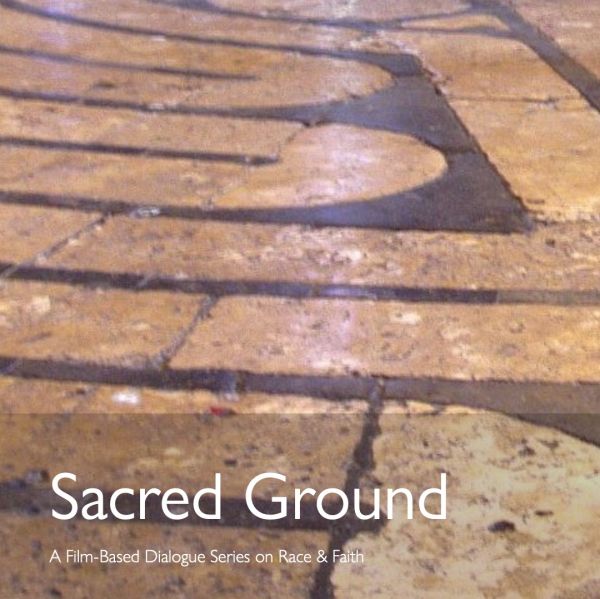Sacred Ground - Series on race and faith, starts June 1

Sacred Ground is a 10-part film- and readings-based dialogue series on race, grounded in faith, on America’s history of race and racism. The course is rooted in an online curriculum of powerful documentary films and readings that focus on Indigenous, Black, Latino, and Asian/Pacific American histories as they intersect with European American histories.
Sacred Ground helps peel away the layers that have contributed to the challenges and divides of the present day – all while grounded in our call to faith, hope and love. The series is especially designed to help white people engage with other white people, in the spirit of building a stronger foundation for whites to engage in ongoing interracial dialogue in other spaces. Click here for full details about the Sacred Ground program and curriculum.
Developed by The Episcopal Church, the series is part of Becoming Beloved Community, our denomination's long-term commitment to racial healing, reconciliation, and justice in our personal lives, our ministries, and our society.
Rev. Katie invites you to join her, and people across the Diocese of Los Angeles, for this vital program.
7-8:30pm, every other Tuesday evening, starting June 1, 2021
To register, click here. Any questions, contact Rev. Katie.
Note: Sacred Ground is currently overbooked and taking registrations for the next sessions (dates TBD)
More about Sacred Ground
Sacred Ground is a race dialogue series designed for these times. It is an attempt to be responsive to the profound challenges that currently exist in our society. It is focused on the challenges that swirl around issues of race and racism, as well as the difficult but respectful and transformative dialogue we need to have with each other about them. It invites participants to walk back through history in order to peel away the layers that brought us to today, and to do so in a personal way, reflecting on family histories and stories, as well as important narratives that shape the collective American story. It holds the vision of beloved community as a guiding star – where all people are honored and protected and nurtured as beloved children of God, where we weep at one another’s pain and seek one another’s flourishing.
Key characteristics of the Sacred Ground series:
- It is built around powerful documentary films and readings, which serve as the jumping-off point for dialogue.
- The series brings participants’ attention to key chapters in U.S. history of race and racism, as well some of the latest thinking by scholars and practitioners of racial healing, racial equity, and whiteness.
- It focuses on Indigenous, Black, Latino, and Asian American histories as they intersect with European American histories.
- It emphasizes personal story-sharing and deepening relationships.
- It invites exploration of how people of color have been harmed by racism, and how white people have been hurt in other ways, creating a shared – if deeply unequal – brokenness that compels us to overcome these legacies in deliberate partnership.
- It puts attention on issues related to race, while also examining how those issues intersect with family history, class status, regional identity (regional cultures, urban/rural divides, coasts versus heartland), and political identity (red states/blue states, Trump-related divides).
- This series, framed as a spiritual journey, is grounded in the Christian faith – in the example of Jesus Christ and the power of scripture, prayer, God’s grace, and the Holy Spirit to help us step closer to the dream of beloved community.
So often, people of color are called on to do the heavy lifting around unpacking “race,” while whites take a more passive role (if any role at all). Therefore, note that the Sacred Ground Study Guide is written from the point of view of a white woman primarily for use by other white people, in the spirit of building a stronger foundation for whites to engage in ongoing interracial dialogue in other spaces. At this stage in American life and in the life of our Church, white Episcopalians could make an especially powerful contribution to the journey toward racial justice and reconciliation by entering into deep listening and dialogue with other white Episcopalians/Christians, some of whom may be significantly and uncomfortably different from themselves.
Tags: Adult Classes / Serving Neighbors / Spirituality / Welcome
